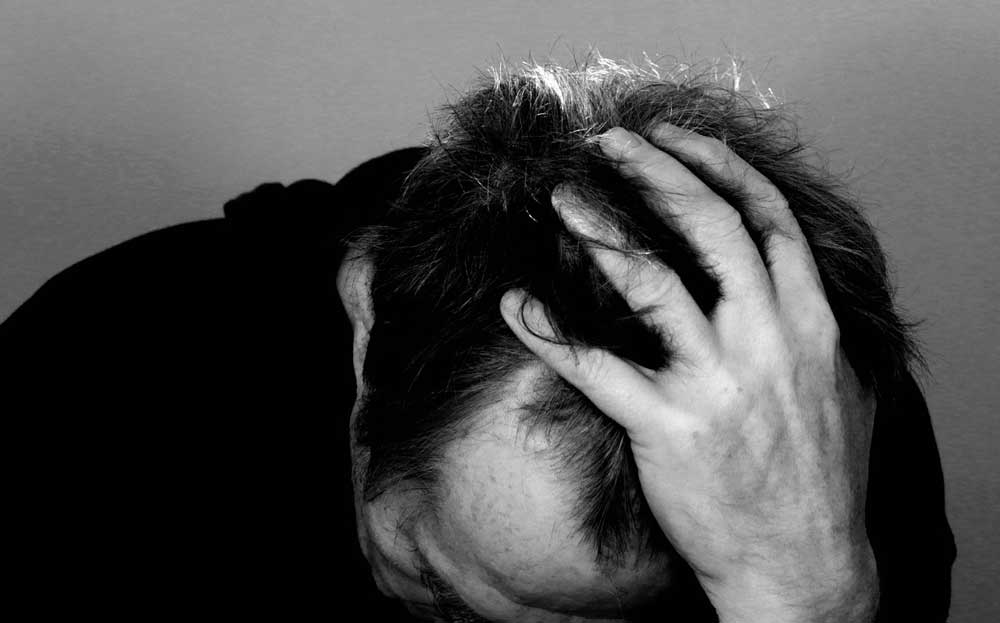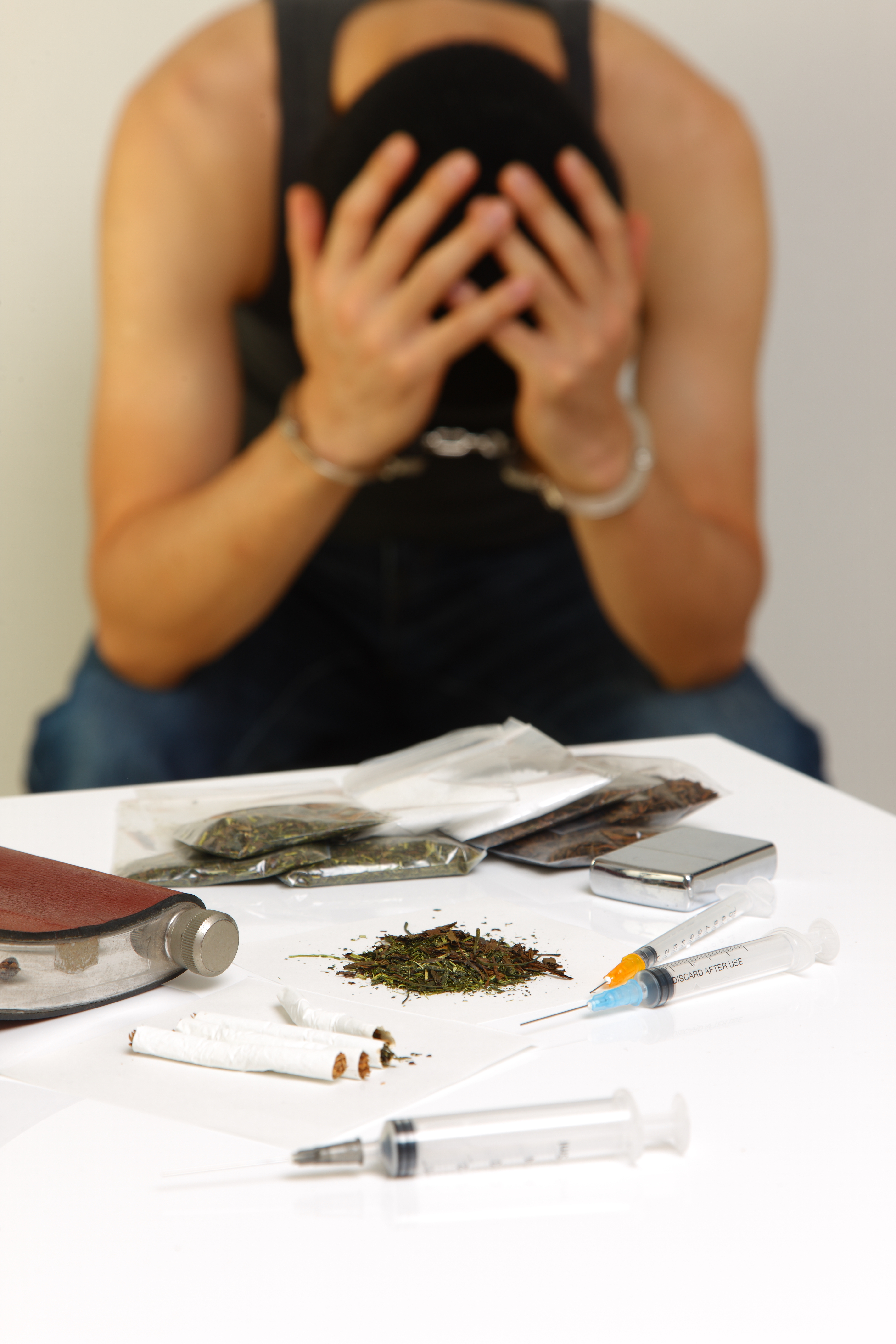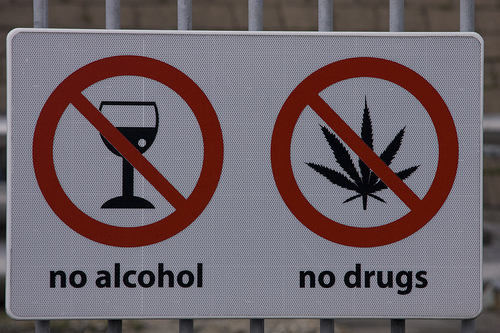Addiction solution support procedure

Addiction solution support procedure that addresses all the issues relating to stress and poor health
Addiction solution support procedure: What are you doing to help victims?
Drug addiction comes with both emotional and psychological pain to both the direct and indirect victims. To reduce this pain, there are several addiction solution support procedures you can conveniently do at home to offer support. Speaking to the professionals at AWAREmed Health and Wellness Resource Center under the leadership of Doctor Dalal Akoury MD who is a veteran addiction expert, it is worth noting that this won’t be easy. When a loved one is struggling with any drug related problem, they are bound to be in denial. This makes it difficult to help them. Nonetheless, the primary reason why doctor Dalal Akoury established this facility is to help you and pull off your shoulder this burden.
Before we get into necessary support. It will interest you to note that doctor Dalal Akoury founded this health center to help in the transformation of each individual’s life through increasing awareness about health and wellness. Ignorance is one of the major reason why denial has become a serious stumbling block in this addiction recovery process. But even with this challenges doctor, Akoury is professionally empowering individuals into finding their own inner healing power an activity that has proven very effective. If you are still wondering why chose this option, it will interest you to further appreciate that doctor Akoury’s practice focuses on personalized medicine through healthy lifestyle choices that deal with primary prevention and underlying causes instead of patching up symptoms. This should convince you into taking immediate action by scheduling an appointment today by calling her on telephone number 843 213 1480 for the commencement of your recovery process. Now you may want to consider the following;
Addiction solution support procedure: Communication
On realizing the struggle of your loved one with substances, it is important that you speak with him/her. There is no harm in sharing your concern with them even if they will deny. The simple fact that you’re communicating with them is help already. Nonetheless in your conversation with them always ensure that you are not judgmental in your speech. Communication needs to be immediate because the earlier treatments administered the better. Remember that any delay in addressing the addiction complication the difficult and longer it will take to have the problem effectively addressed.
Taking care of yourself
The consequences of addiction are sometimes very dangerous especially when the victim is saying signs of becoming violent. Remember that you are the sober one and you’re doing all your best to help and not to be hurt in the process. You noticed that when one is under the influence of a substance they do not know what they are doing. That means they can cause you harm like for instance, physical injury, rape, assault, theft and many other illegal acts of violence. Doctor Akoury pieces of advice that you should not subject yourself to any danger instead identify people you can talk to for advice. People you can trust, lean on at times of such difficulties. And always ensure that your safety is safeguarded.
Don’t blame yourself for any failures
In the process of helping out, always appreciate that at times you will succeed and the opposite is also true. When you experience challenges never put the weight of blame on your shoulder. Yours is to offer to support the best way you can by encouraging your loved one to consent to seek for treatment. You can never force them to change neither can you control their decisions. When you have done your best and that best is not leading them to recovery, you can seek help from other relatives but the bottom line is that the victim must accept to take responsibility for their actions.
Addiction solution support procedure: What are you doing to help victims?







